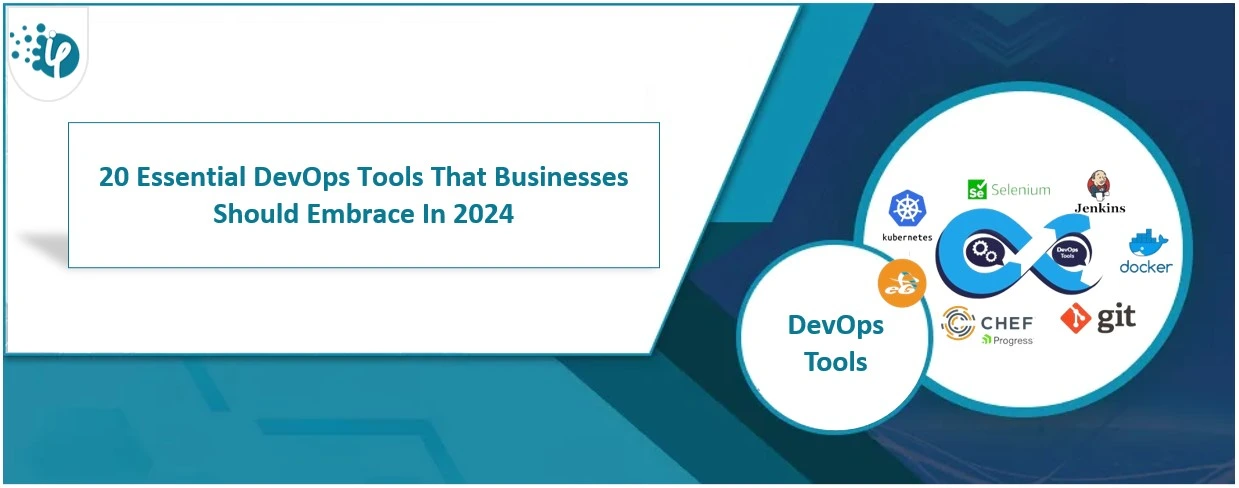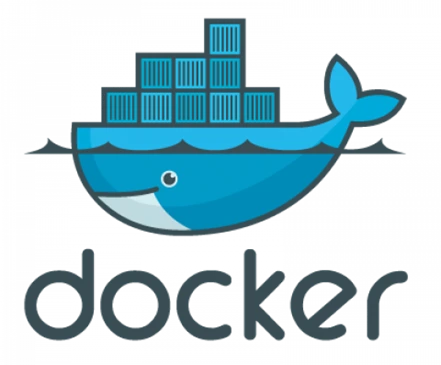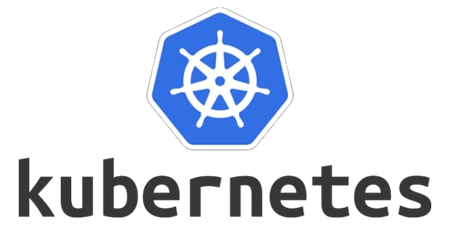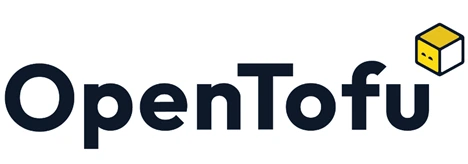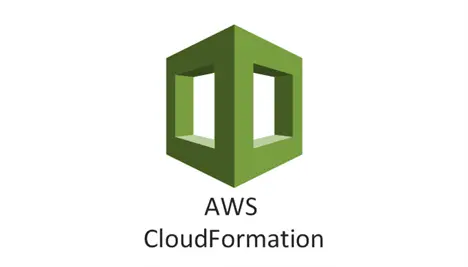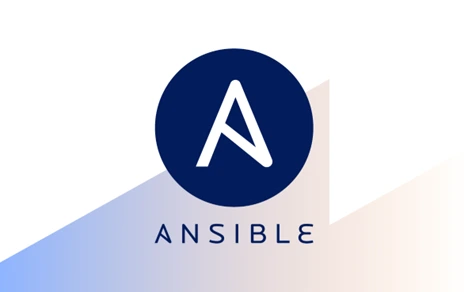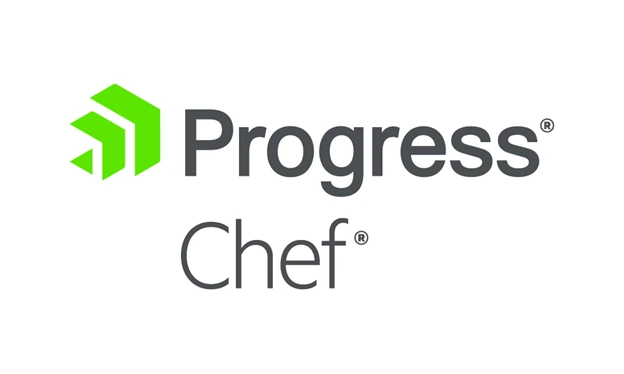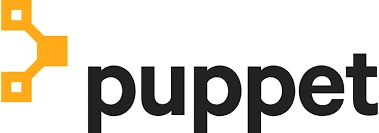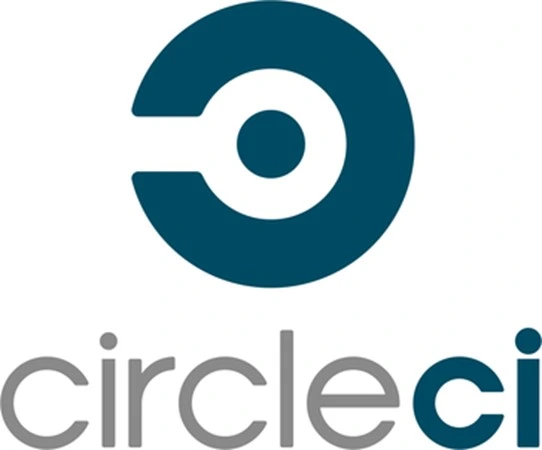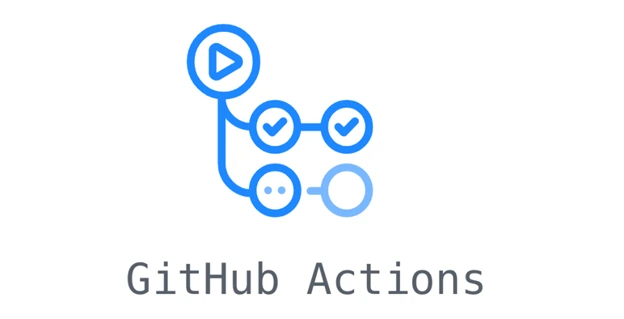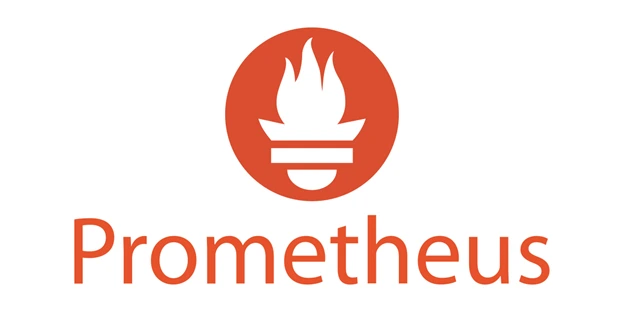Before navigating into the world of DevOps, it's important to know what DevOps is exactly. DevOps is a methodology that uses continuous integration, continuous delivery, and automation to shorten the software delivery lifecycle (SDLC). More than just a set of practices, DevOps embodies a culture and a philosophy that bridges the gap between developers (Dev) and IT operations (Ops) teams.
By fostering collaboration and communication between those teams, DevOps breaks down traditional silos, leading to more efficient and error-free software releases, enabling organizations to respond more swiftly to market changes, enhance customer satisfaction, and maintain a competitive edge.
This article will help you navigate the landscape of DevOps tools, which help in various stages of the SDLC, from coding and building to testing, deployment, and monitoring. Whether you are new to DevOps or looking to enhance your existing toolkit, it will guide you in selecting the tools that align with your specific needs and goals in custom software development










